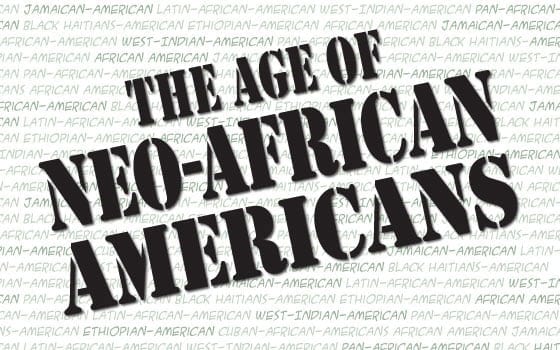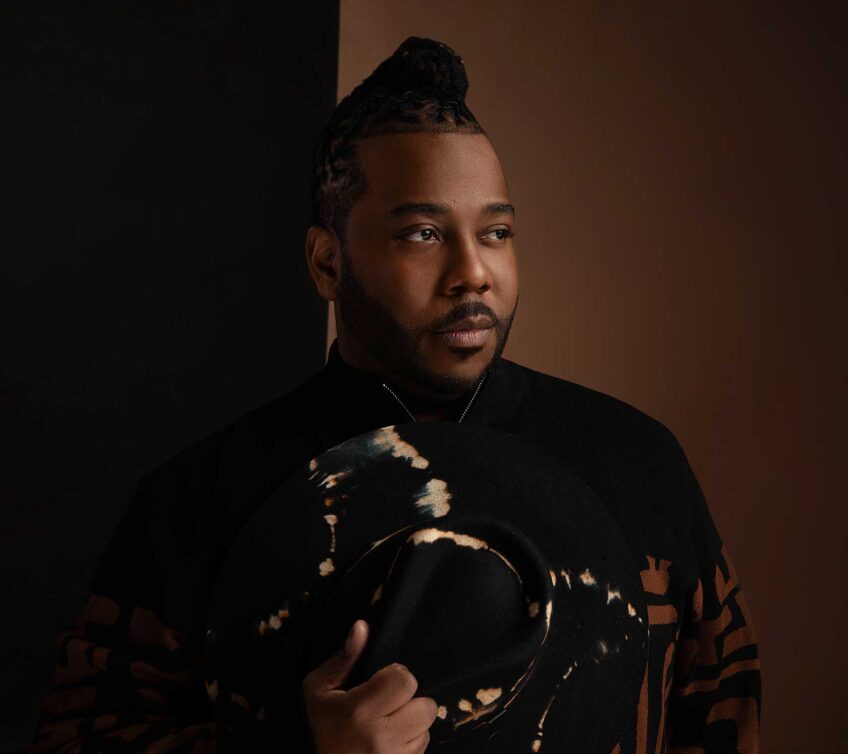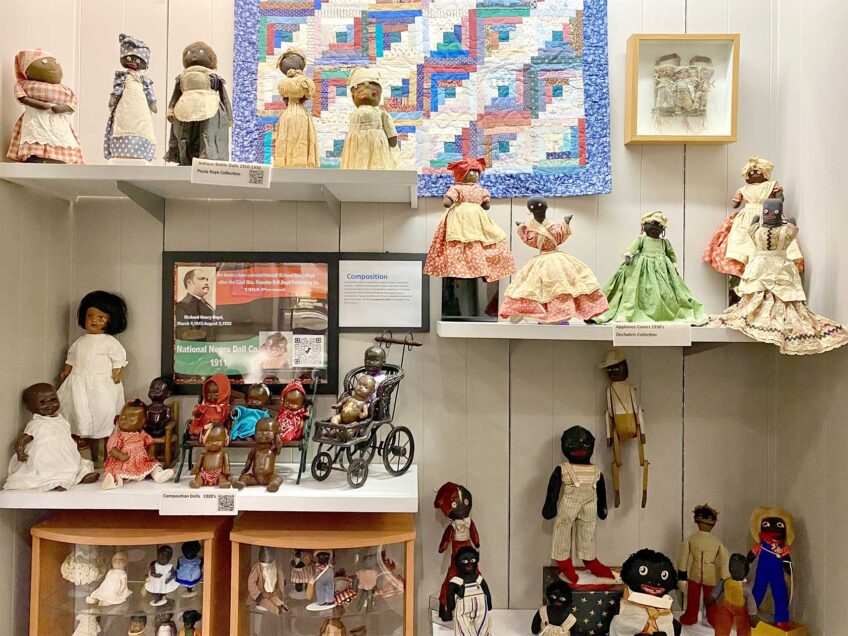New filmmaker Kobina Aidoo explores the impact of immigration on the term African American


Filmmaker Kobina Aidoo, Ghana native and Harvard alum, examines the complicated relationship between African Americans and African immigrants in his new film, “The Neo-African-Americans.”

New filmmaker Kobina Aidoo explores the impact of immigration on the term African American
“Are you African American?” is the question filmmaker Kobina Aidoo asks in his new documentary, “The Neo-African-Americans.”
Aidoo’s film examines the dramatic rise of voluntary immigration from Africa and the Caribbean to the United States in recent decades, and the ways this development has altered the African American landscape.
The central question, “Are you African American?” was posed to about a dozen of these immigrants throughout the film, and their answers revealed the complexity of black identity in America today.
“I’m more Haitian American than African American, but more American than Haitian,” said one.
“No,” said another. “I am Afro-Latino American.”
“Yes,” answered one woman whose parents were born in Ghana. “I am African American; I’m a true African American.”
And one white man responded, “I grew up in Africa, and I’m an American.”
Through the wide range of answers, Aidoo’s point becomes clear — America’s black population is growing increasingly diverse, and, as a result, “African American” may no longer suffice.
After legislative reform in the mid-1960s removed quotas for immigrants from non-European countries, the numbers of African immigrants in the United States began to increase. But the most dramatic growth occurred in the 1980s, when the Immigration Reform and Control Act of 1986 allowed undocumented African immigrants to become permanent residents in the United States. Between 1980 and 2005, the foreign-born black population tripled.
Today, there are over 3 million African-born blacks in the United States, and 1 million U.S.-born blacks with a foreign-born parent.
It was this recent part of African American history — and personal experience — that inspired Aidoo to make this film.
Originally from Ghana and an “African non-American,” Aidoo came to the U.S. to study filmmaking in Miami, Fla. And for the first time, he was confronted with the notion of race. “It was a bit of a shock for me,” he said in an interview with the Banner.
Coming from a black-majority country, he didn’t think much about race. But in the United States, he was suddenly a racial minority, which forced him to think about what black identity truly means.
He went to his university identifying as an international student, bonding with non-Americans of all colors. But in the school cafeteria, he saw all the black students sitting together, and race-consciousness set in for the first time — should he sit with the other blacks, or with his German roommate?
Similarly, Aidoo found that in the United States, when he told people of his ambition to be a filmmaker, they immediately compared him to Spike Lee. Back home in Ghana however, people would ask if he wanted to be the next James Cameron or Stephen Spielberg. While he respects each of these men as talented filmmakers, he didn’t understand why in the U.S. he could only be compared to an African American filmmaker.
As a Ghanaian, he thought of African Americans as a “unique people” with a “unique history” — which he was not and could never be a part of. But in the United States, he found that the term African American was used interchangeably with black — so suddenly Aidoo was African American.
“We have to rethink this term,” Aidoo said.
But blacks in the United States have always debated these terms. During the Civil Rights Movement, blacks discarded “Negro” and “colored” — terms coined by whites — in exchange for self-identification as “black” and “Afro-American.” In the 1980s, Jesse Jackson popularized “African American” to emphasize cultural and ethnic roots over skin color.
This debate was renewed as Barack Obama, the son of a Kenyan immigrant, emerged as a presidential candidate, raising questions of whether a slave ancestry was necessary to be considered African American.
But for Aidoo, the issue of naming is not just semantics.
After film school, he studied public policy at Harvard’s John F. Kennedy School of Government, and began looking at racial identity from a policy perspective.
For instance, in his film, Aidoo raises questions about affirmative action. In higher education, immigrants and children of immigrants are hugely overrepresented in the black student population — and the more elite the school, the more over-represented they are. At Ivy League universities, they represent 40 percent of the black student population.
“African immigrants have turned the achievement gap on its head,” said Aidoo.
Affirmative action does not distinguish between African Americans and black immigrants and their children—it groups them together on the basis of skin color—raising the question of whether black immigrants should benefit from affirmative action.
Labeling has affected other policy issues as well, like African refugees in the United States. In part because the U.S. government does not distinguish between African Americans and African immigrants, it has faced some difficulty finding ways to properly assist these refugees.
At the same time, events like the murder of Amadou Diallo — the 23-year-old Guinean immigrant who was shot by police — prove that African immigrants and African Americans also share many challenges that can be overcome only by working together.
“The police didn’t ask, ‘Are you African American?’ before shooting,” Aidoo said.
Aidoo’s goal is not to endlessly categorize each ethnic group in the black population. His goal is simply increased understanding of the growing diversity within the black community, and to “think, talk and transform.”
He hopes the film, which is now screening across the United States, provides an opportunity for people to examine this contentious issue, to engage in conversation, and to develop mutual understanding. But ultimately, he hopes that these dialogues will lead to a transformed relationship between African Americans and African immigrants — one of unity, not division.


![Banner [Virtual] Art Gallery](https://baystatebanner.com/wp-content/uploads/2024/04/Cagen-Luse_Men-at-store-e1713991226112-150x150.jpg)

![Banner [Virtual] Art Gallery](https://baystatebanner.com/wp-content/uploads/2024/04/Cagen-Luse_Men-at-store-e1713991226112-848x569.jpg)

